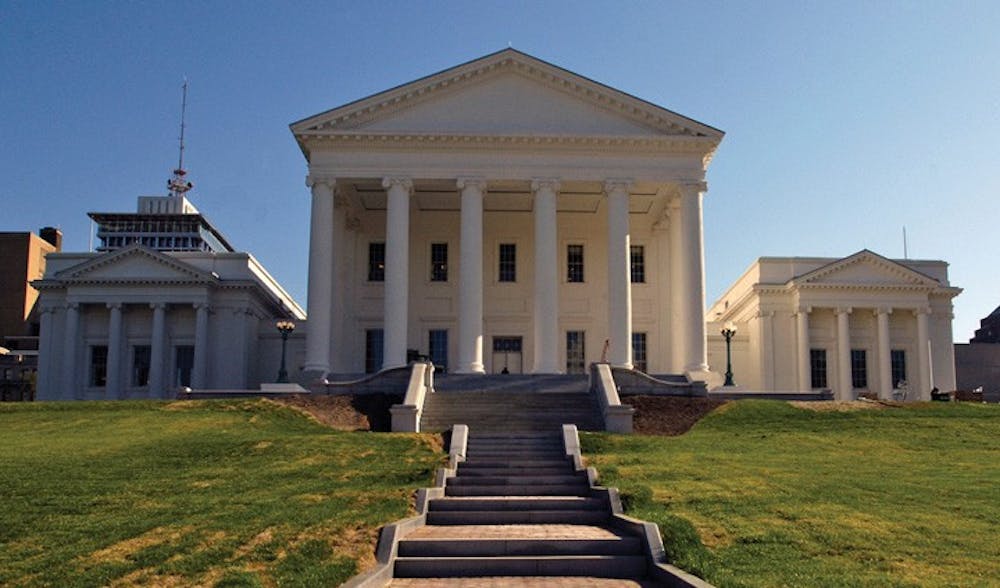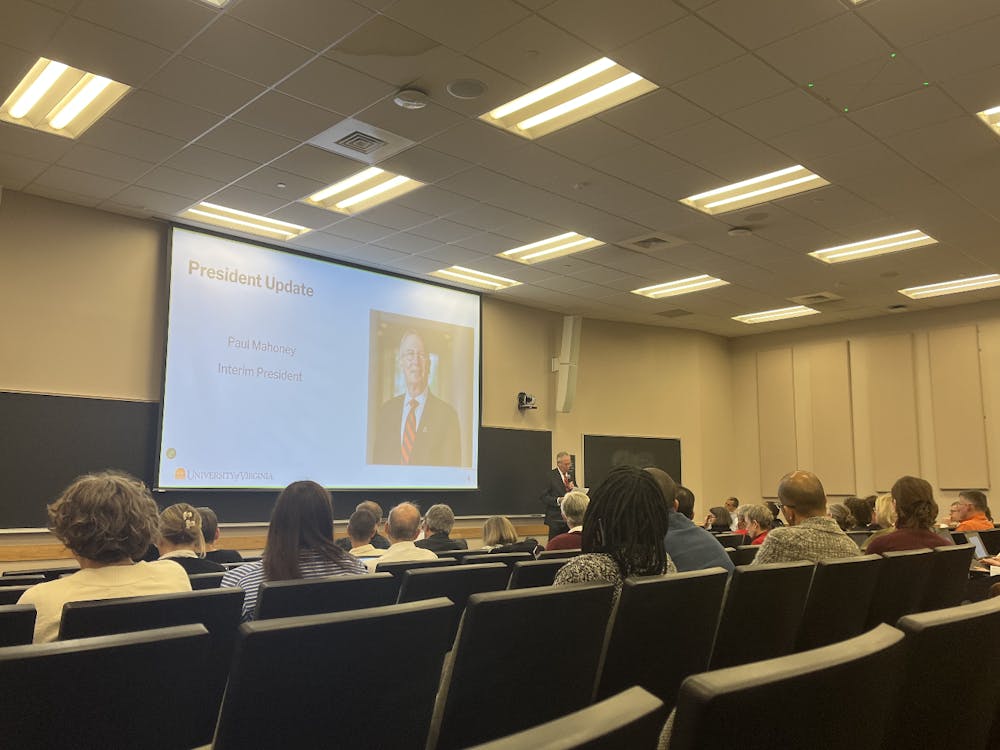Both branches of the Virginia Legislature voted Tuesday on resolutions calling for a constitutional convention and subsequent amendments to the U.S. Constitution.
The resolutions center around Constitutional Article V, which states amendments to the Constitution may be proposed if resolutions for a convention are passed by two-thirds of states. The resolutions seek to dial back the power of the federal government, specifically by limiting its control over federal budget.
House Joint Resolution 497 — sponsored by Del. L. Scott Lingamfelter, R-Prince William, and passed by the House Committee on Rules — is a broad measure calling for a convention of all different states to propose amendments to the Constitution. Its language is identical to Senate Joint Resolution 269, which was advanced through the Senate Committee on Rules and sponsored by Del. Ryan T. McDougle, R-Hanover.
Both resolutions feature broad mandates in their preambles, aimed at “impos[ing] fiscal restraints on the federal government, limit[ing] the power and jurisdiction of the federal government and limit[ing] the terms of office for its officials and for members of Congress.”
The House Committee also passed House Joint Resolution 499, a more focused measure seeking an amendment specifically limiting the federal budget. The preamble outlines the specifics of the mandate to the federal budget, “proposing a constitutional amendment that pertains to the subject of balancing the federal budget.”
The resolutions have political support from Congress and among conservative grassroot organizations such as the Convention of States Organization.
General Counsel Robert Kelly said he is confident more states will push for this convention.
“I think that the states have a vested interest in limiting the power of the federal government,” Kelly said. “This was the design of our government, [and] they are going to push the federal government to make it happen.”
House Speaker William J. Howell, R-Stafford, said he strongly supports the idea of a convention. He said the convention will give people and states the opportunity to directly limit the power of the federal government.
Many Democrats have pushed back against the proposal.
House Minority Leader David J. Toscano, D-Charlottesville, said he was opposed to the possibility of a state convention, an idea he views as archaic and inapplicable to the contemporary political climate.
“ [A convention] is, however, dangerous,” Toscano said. “A convention could lead to some very drastic amendments being passed, ones that would not be representative of the views and wishes of the American public.”
Toscano said though he expects the House resolutions to pass, he is confident they will not fare well in the Senate.
Batten Prof. Jim Savage echoed Toscano’s sentiments, saying though there have been moves toward a convention in other states — such as Alaska, Florida and Georgia — he does not believe one will come to fruition in Virginia.
“In terms of the [Commonwealth], I’m not sure about the process for legislation,” Savage said. “If the governor has to sign on, I think he would have to veto it. My guess is that it will probably not go into effect.”







